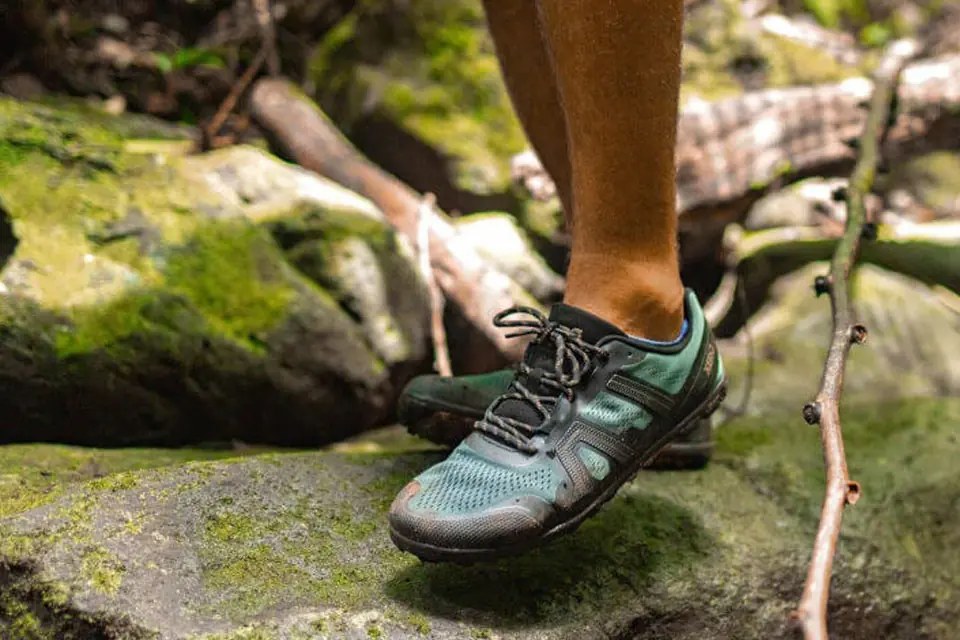
What is The Purpose of Barefoot Shoes
Barefoot shoes have revolutionized the way we think about footwear, offering a minimalist approach that emphasizes natural foot movement and overall foot health. But what is the purpose of barefoot shoes? This comprehensive guide delves into the reasons behind their design, the benefits they offer, and how they can enhance your daily life. Whether you’re an athlete seeking better performance or someone looking to improve foot health, understanding the purpose of barefoot shoes is essential for making an informed choice.
Table of Contents
What Are Barefoot Shoes?
Barefoot shoes, also known as minimalist shoes, are designed to emulate the sensation of walking barefoot while providing essential protection for your feet. Unlike traditional shoes, barefoot shoes have thin, flexible soles and a wide toe box, allowing your feet to move naturally and strengthening the intrinsic muscles.
Key Characteristics
- Minimalist Sole: Thin and flexible, providing a closer connection to the ground.
- Zero Drop: The heel and forefoot are at the same level, promoting a natural gait.
- Wide Toe Box: Ample space for toes to splay, enhancing balance and stability.
- Lightweight Construction: Reduces fatigue and allows for effortless movement.
- Breathable Materials: Keeps feet cool and dry during extended wear.
- Secure Fit: Ensures the shoes stay comfortably on your feet without restricting movement.

The Philosophy Behind Barefoot Shoes
The underlying philosophy of barefoot shoes is to encourage natural foot movement and strengthen foot muscles. Traditional footwear often imposes constraints that can lead to weakened feet and poor biomechanics. Barefoot shoes aim to restore the foot’s natural function, promoting better health and performance.
Emphasizing Natural Movement
By allowing your feet to move freely, barefoot shoes support the natural mechanics of walking and running. This freedom can lead to improved posture, better balance, and increased agility.
Strengthening Intrinsic Muscles
Barefoot shoes engage the intrinsic muscles of the feet more effectively than traditional shoes. Strengthening these muscles can prevent common foot problems such as plantar fasciitis and bunions.
Promoting Proprioception
Proprioception refers to the body’s ability to sense its position in space. Barefoot shoes enhance proprioceptive feedback, improving coordination and reducing the risk of injuries.
Benefits of Barefoot Shoes
Understanding the benefits of barefoot shoes can help you decide if they are the right choice for you. These shoes offer numerous advantages over traditional footwear, impacting various aspects of your health and lifestyle.
Enhanced Foot Strength
Barefoot shoes encourage the use of intrinsic foot muscles, leading to stronger and more resilient feet. This natural strengthening supports better overall foot health and reduces the risk of injuries.
Improved Posture and Alignment
The zero-drop design promotes a natural gait, helping maintain proper spinal alignment and reducing strain on your back and joints. This can lead to better posture and decreased discomfort during daily activities.
Increased Flexibility and Mobility
The flexible soles of barefoot shoes allow for a full range of motion, promoting flexibility in your ankles and feet. This increased mobility aids in better balance and coordination.
Better Balance and Proprioception
Barefoot shoes enhance sensory feedback from the ground, improving your balance and proprioception. This heightened awareness of your body’s position can enhance athletic performance and everyday movements.
“Switching to barefoot shoes has transformed the way I run and feel about my foot health.”
– Jamie L., Runner
Natural Shock Absorption
Without excessive cushioning, barefoot shoes encourage the feet to adapt and develop their natural shock-absorbing capabilities. This can lead to a more efficient and biomechanically sound movement pattern.
How Barefoot Shoes Support Foot Health
Barefoot shoes offer unique support that traditional footwear often lacks. They address various foot conditions and promote overall foot wellness.
Strengthening Intrinsic Muscles
Traditional shoes with thick soles and elevated heels can weaken foot muscles over time. Barefoot shoes, with their minimalist design, encourage active use of these muscles, enhancing foot strength and endurance.
Reducing Plantar Fascia Strain
The natural arch support and zero-drop design of barefoot shoes can alleviate strain on the plantar fascia, reducing the risk of plantar fasciitis and other related conditions.
Promoting Natural Alignment
By allowing your feet to move naturally, barefoot shoes help maintain proper alignment of the bones, muscles, tendons, and ligaments. This alignment supports overall body mechanics and reduces the likelihood of musculoskeletal issues.
Minimizing Lack of Cushioning
One common concern with barefoot shoes is the lack of cushioning. However, this minimalism has its advantages.
Encouraging Natural Shock Absorption
Without excessive cushioning, barefoot shoes force your feet to adapt and develop their natural shock-absorbing capabilities. This can lead to a more efficient and biomechanically sound movement pattern.
Enhancing Ground Feel
Barefoot shoes provide a closer connection to the ground, enhancing sensory feedback. This increased awareness can improve balance, agility, and overall movement efficiency.
Reducing Overreliance on External Support
By minimizing external cushioning and support, barefoot shoes encourage the foot’s natural ability to stabilize and absorb impact, promoting healthier foot mechanics.
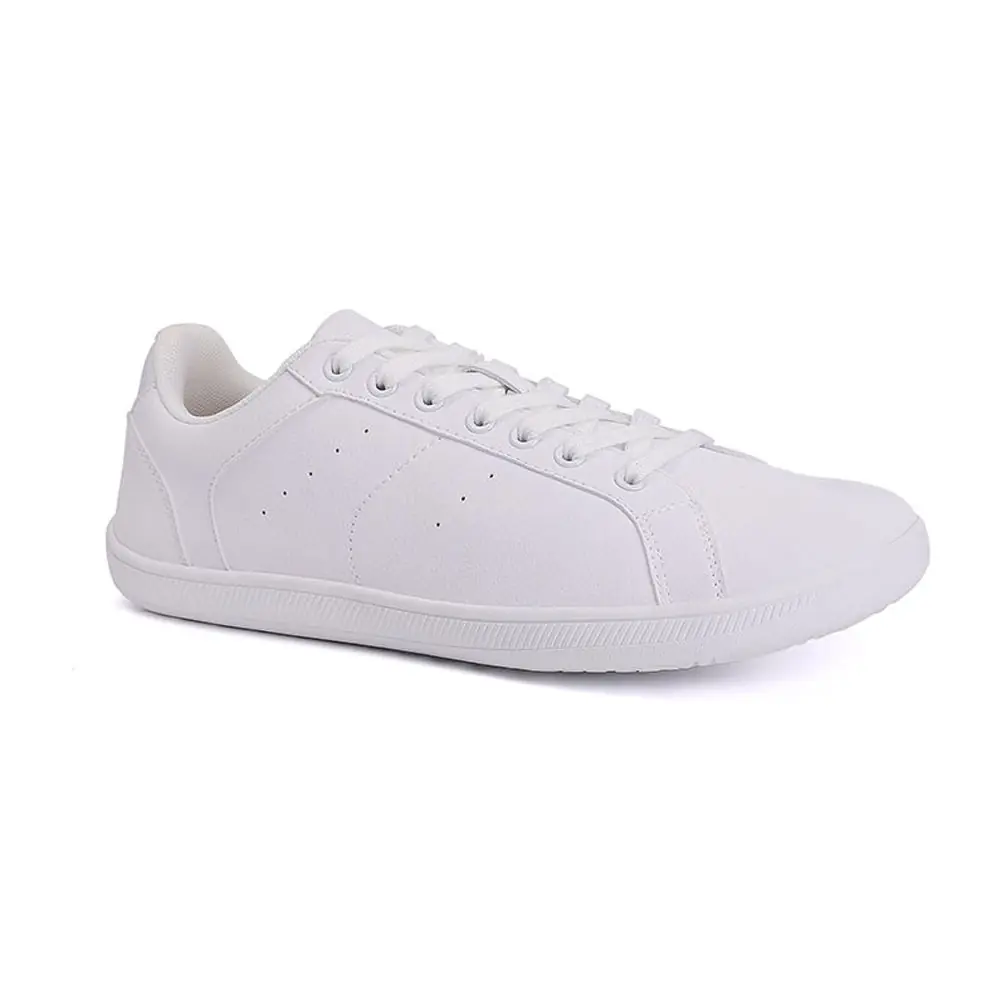
Barefoot Shoes vs. Traditional Footwear
Comparing barefoot shoes to traditional footwear highlights the distinct differences and benefits.
| Feature | Barefoot Shoes | Traditional Footwear |
|---|---|---|
| Sole Thickness | Minimal and flexible | Thick and rigid |
| Drop | Zero drop (heel and forefoot level) | Elevated heel |
| Toe Box | Wide and spacious | Narrow and confined |
| Weight | Lightweight | Heavier |
| Flexibility | Highly flexible | Limited flexibility |
| Support | Promotes natural movement | Provides structured support |
| Breathability | High (breathable materials) | Varies (often less breathable) |
| Foot Strengthening | Encourages muscle use | May limit muscle engagement |
Choosing the Right Barefoot Shoe
Selecting the right barefoot shoe ensures comfort and maximizes benefits. Consider the following factors when making your choice.
Foot Type and Shape
Understanding your foot type (flat, high arch, etc.) helps in selecting barefoot shoes that offer the necessary support while enhancing natural movement.
Activity Level
Different activities require specific features. Running barefoot shoes prioritize flexibility and ground feel, while hiking barefoot boots provide more protection and durability.
Sizing and Fit
A proper fit is crucial. Measure both the length and width of your feet to ensure a snug yet comfortable fit, allowing your toes to move freely.
Material and Durability
Choose breathable and durable materials that can withstand your activity level. High-quality fabrics ensure longevity and comfort.
Price Considerations
Barefoot shoes come in various price ranges. Investing in a quality pair can be beneficial in the long run, offering durability and performance.
| Price Range | Features |
|---|---|
| $50 – $100 | Basic minimalist design, suitable for everyday use |
| $100 – $200 | Enhanced durability, better materials, suitable for active lifestyles |
| $200+ | Advanced features, specialized designs for specific activities |
Transitioning to Barefoot Shoes
Switching to barefoot shoes requires a gradual approach to allow your feet to adapt safely.
Start Slow
Begin by wearing barefoot shoes for short periods, gradually increasing the duration as your feet strengthen and adapt to the new footwear.
Incorporate Foot Exercises
Strengthening your feet through specific exercises can enhance your transition experience and prevent injury. Exercises like toe curls and arch raises are beneficial.
Listen to Your Body
Pay attention to any signs of discomfort or strain, adjusting your usage accordingly. If you experience pain, reduce the duration of wearing barefoot shoes and consult a healthcare professional.
Choose Appropriate Surfaces
Start on soft, even surfaces to minimize impact and reduce the risk of injury. Gradually introduce barefoot shoes to more varied terrains as your feet become stronger.
Be Patient
It may take several weeks to a few months for your feet to fully adjust to barefoot footwear. Patience and consistency are key to a successful transition.
Best Practices for Maintaining Barefoot Shoes
Proper maintenance ensures the longevity and performance of your barefoot shoes. Follow these best practices to keep them in top condition.
- Regular Cleaning: Wipe your shoes after each use to remove dirt and debris.
- Dry Properly: Allow shoes to air dry naturally, avoiding direct sunlight or heat sources.
- Inspect for Wear: Regularly check for signs of wear and address any issues promptly to prevent further damage.
- Store Correctly: Keep your shoes in a cool, dry place to maintain their shape and integrity.
- Rotate Your Shoes: Using multiple pairs can extend the life of each shoe and allow them to dry thoroughly between uses.
Environmental Impact of Barefoot Shoes
Choosing barefoot shoes can also be an environmentally conscious decision. Many barefoot shoe brands prioritize sustainable practices, including:
- Eco-Friendly Materials: Using recycled and sustainable materials to reduce environmental footprint.
- Ethical Manufacturing: Ensuring fair labor practices and minimizing waste during production.
- Durable Construction: Designing long-lasting shoes to reduce the need for frequent replacements.
- Sustainable Packaging: Utilizing eco-friendly packaging materials to further minimize environmental impact.
Exploring Different Styles of Barefoot Shoes
Barefoot shoes come in various styles to suit different preferences and occasions. Here are some popular options:
Casual Barefoot Sneakers
Perfect for everyday wear, casual barefoot sneakers offer comfort and versatility without compromising on style. They are ideal for walking, light activities, and casual outings.
Barefoot Running Shoes
Designed for athletes and fitness enthusiasts, barefoot running shoes provide the flexibility and support needed for optimal performance. They promote a natural running gait, reducing the risk of injury.
Barefoot Dress Shoes
Combining elegance with minimalism, barefoot dress shoes are suitable for formal occasions. They offer the benefits of barefoot footwear while maintaining a stylish appearance.
Barefoot Hiking Boots
For outdoor enthusiasts, barefoot hiking boots provide the necessary protection and flexibility for various terrains. They enhance stability and foot strength during long hikes.
Barefoot Sandals and Slip-Ons
Barefoot sandals and slip-ons offer breathability and ease of wear, perfect for warm weather and casual settings. They maintain the minimalist design while providing comfort and style.
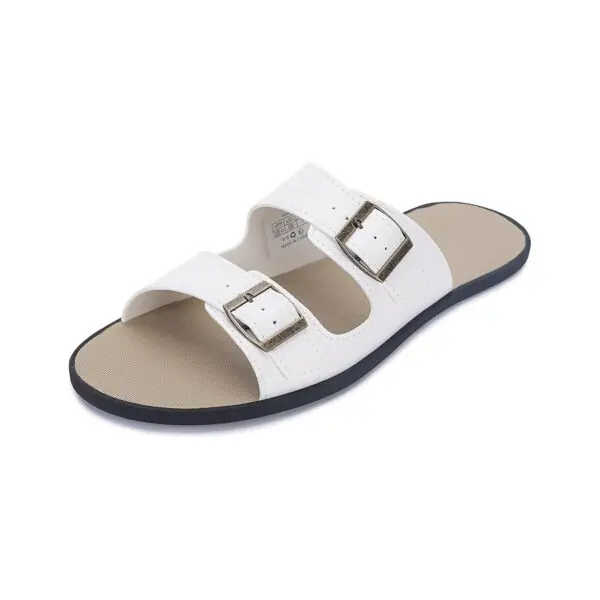
Custom Barefoot Shoes: A Trusted Brand
Custom Barefoot Shoes is a leading retailer offering a diverse range of barefoot footwear for men, women, and children. Their commitment to quality and customer satisfaction makes them a top choice for minimalist enthusiasts.
Featured Products
- Black Zero Drop Men’s Barefoot Dress Shoes
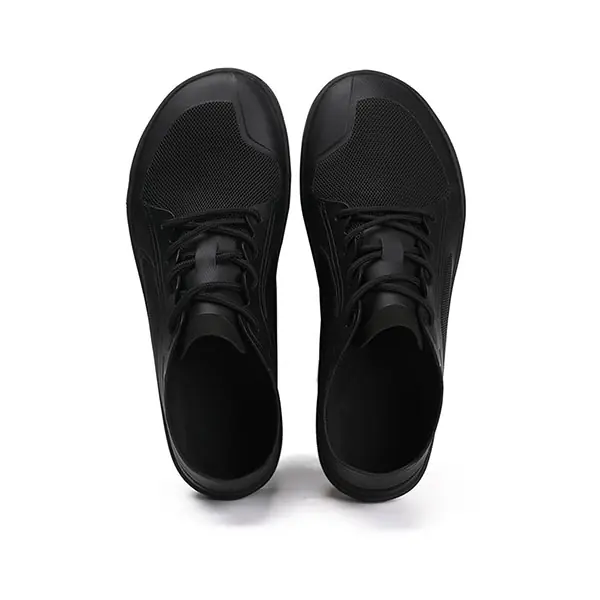
Elegant and comfortable, these dress shoes are perfect for formal occasions without compromising on foot health. - Women Minimalist Casual Barefoot Sneakers
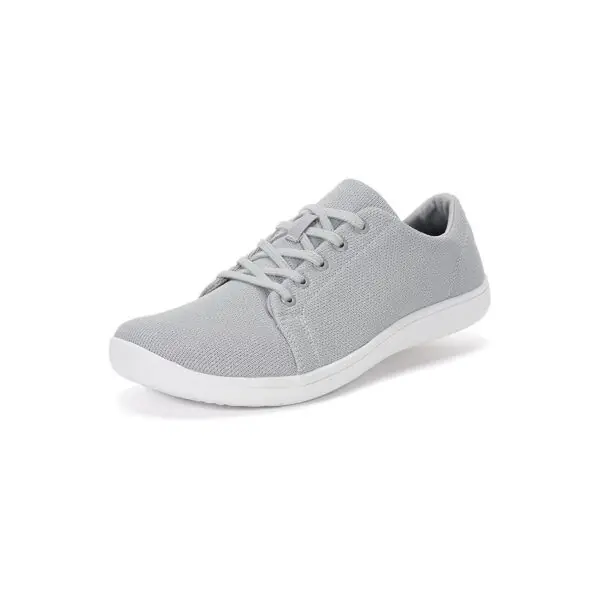
Stylish and versatile, these sneakers are ideal for everyday wear, providing the benefits of barefoot shoes in a trendy design. - Kid’s Zero Drop Sole Minimalist Barefoot Boots
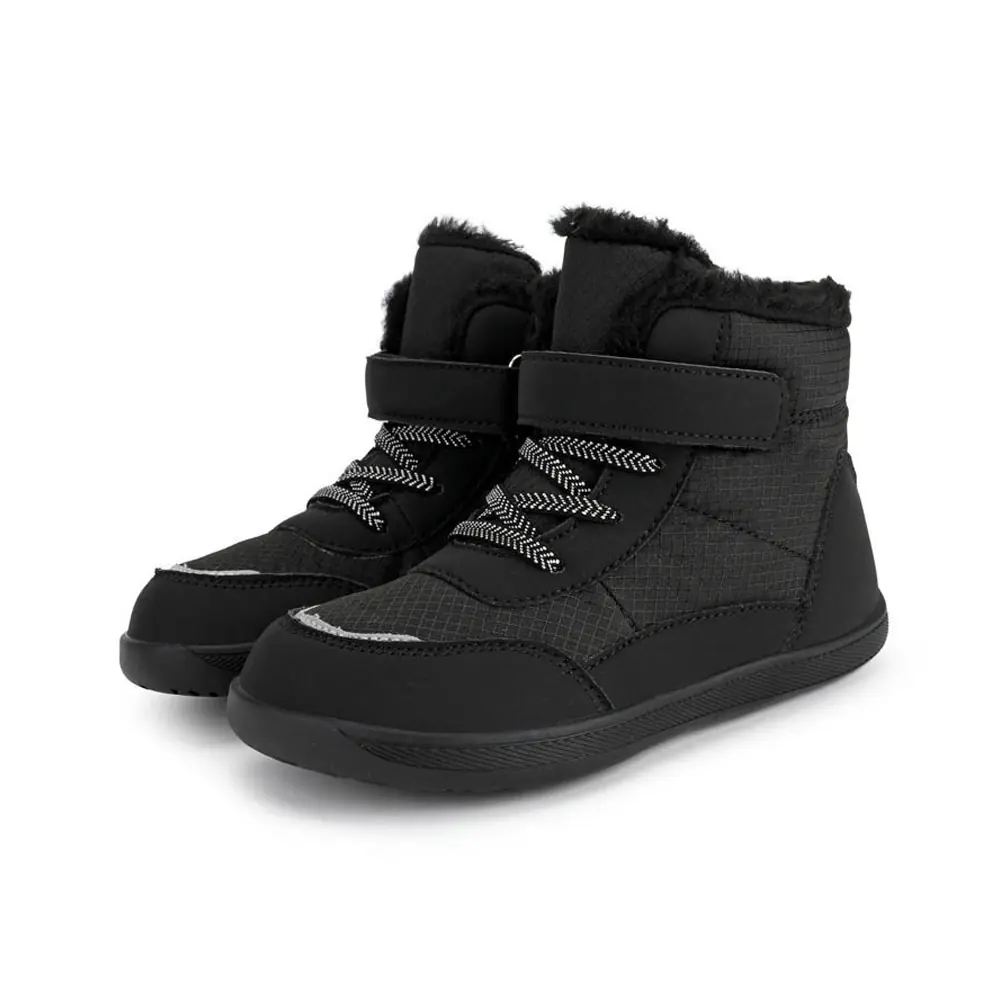
Durable and comfortable, these boots support the natural development of children’s feet.
The Purpose of Barefoot Shoes
Understanding what is the purpose of barefoot shoes is essential for making an informed decision. These shoes are more than just a fashion statement; they play a crucial role in promoting foot health and overall well-being.
Promoting Natural Foot Mechanics
Barefoot shoes are designed to encourage natural foot mechanics. By allowing your feet to move freely, they support the natural functions of your muscles, tendons, and ligaments, leading to healthier feet and better body alignment.
Enhancing Athletic Performance
For athletes, barefoot shoes can enhance performance by promoting a more efficient movement pattern. The lightweight and flexible design allows for quicker reactions and better agility, which are vital in various sports.
Preventing Foot Injuries
Traditional footwear can often lead to foot injuries due to their restrictive design and lack of flexibility. Barefoot shoes minimize these risks by allowing your feet to move naturally, reducing the chances of common injuries like blisters, sprains, and plantar fasciitis.
Improving Posture and Reducing Pain
The zero-drop design of barefoot shoes helps maintain proper posture by aligning your spine and reducing strain on your back and joints. This can lead to a significant reduction in chronic pain and improve your overall comfort during daily activities.
How Barefoot Shoes Affect Your Body
Barefoot shoes influence more than just your feet; they can have a profound impact on your entire body.
Enhanced Posture
By promoting a natural gait and proper spinal alignment, barefoot shoes can improve your overall posture. This reduces strain on your back, shoulders, and neck, contributing to better body mechanics.
Reduced Joint Pain
The minimalist design of barefoot shoes encourages proper movement patterns, reducing the impact on joints and lowering the risk of pain and injury.
Improved Muscle Tone
Barefoot shoes engage more muscles in the feet and lower legs, leading to improved muscle tone and endurance. Stronger muscles support better stability and performance in various activities.
Increased Energy Efficiency
A natural gait facilitated by barefoot shoes can enhance energy efficiency during walking and running, reducing fatigue over time.
Transitioning to Barefoot Shoes
Switching to barefoot shoes requires a gradual approach to allow your feet to adapt safely.
Start Slow
Begin by wearing barefoot shoes for short periods, gradually increasing the duration as your feet strengthen and adapt to the new footwear.
Incorporate Foot Exercises
Strengthening your feet through specific exercises can enhance your transition experience and prevent injury. Exercises like toe curls and arch raises are beneficial.
Listen to Your Body
Pay attention to any signs of discomfort or strain, adjusting your usage accordingly. If you experience pain, reduce the duration of wearing barefoot shoes and consult a healthcare professional.
Choose Appropriate Surfaces
Start on soft, even surfaces to minimize impact and reduce the risk of injury. Gradually introduce barefoot shoes to more varied terrains as your feet become stronger.
Be Patient
It may take several weeks to a few months for your feet to fully adjust to barefoot footwear. Patience and consistency are key to a successful transition.
Maintaining Your Barefoot Shoes
Proper maintenance ensures the longevity and performance of your barefoot shoes. Follow these best practices to keep them in top condition.
- Regular Cleaning: Wipe your shoes after each use to remove dirt and debris.
- Dry Properly: Allow shoes to air dry naturally, avoiding direct sunlight or heat sources.
- Inspect for Wear: Regularly check for signs of wear and address any issues promptly to prevent further damage.
- Store Correctly: Keep your shoes in a cool, dry place to maintain their shape and integrity.
- Rotate Your Shoes: Using multiple pairs can extend the life of each shoe and allow them to dry thoroughly between uses.
Environmental Impact of Barefoot Shoes
Choosing barefoot shoes can also be an environmentally conscious decision. Many barefoot shoe brands prioritize sustainable practices, including:
- Eco-Friendly Materials: Using recycled and sustainable materials to reduce environmental footprint.
- Ethical Manufacturing: Ensuring fair labor practices and minimizing waste during production.
- Durable Construction: Designing long-lasting shoes to reduce the need for frequent replacements.
- Sustainable Packaging: Utilizing eco-friendly packaging materials to further minimize environmental impact.
Customer Reviews and Testimonials
Hearing from others who have made the switch to barefoot shoes can provide valuable insights. Here are some testimonials from satisfied customers:
“Switching to barefoot shoes was the best decision for my feet. I feel stronger and more balanced every day.”
– Alex M.
“I never realized how much my traditional shoes were holding me back. Barefoot shoes have transformed my running experience.”
– Jamie L.
“As a parent, finding comfortable and durable barefoot shoes for my kids was challenging until I discovered Custom Barefoot Shoes. Highly recommend!”
– Taylor S.
“The transition to barefoot shoes took some time, but the benefits I’ve experienced are worth it. My posture has improved, and my feet feel healthier.”
– Morgan T.
Frequently Asked Questions
What are barefoot shoes?
Barefoot shoes are minimalist footwear designed to allow natural foot movement. They have thin, flexible soles and a wide toe box, promoting foot strength and balance.
Are barefoot shoes suitable for everyone?
While barefoot shoes offer numerous benefits, they may not be suitable for everyone. Individuals with certain foot conditions should consult a healthcare professional before making the switch.
How do I transition to barefoot shoes?
Start by wearing barefoot shoes for short periods and gradually increase the duration as your feet adapt. Incorporate foot strengthening exercises and pay attention to your body’s signals.
Can barefoot shoes improve my running performance?
Yes, barefoot shoes can enhance running performance by promoting a natural gait, reducing impact forces, and strengthening foot muscles. However, transitioning should be done gradually to avoid injury.
Where can I buy barefoot shoes online?
Retailers like Custom Barefoot Shoes offer a wide selection of barefoot footwear for men, women, and children, with detailed product descriptions and customer reviews.
Do barefoot shoes come in different colors?
Yes, barefoot shoes come in a variety of colors to suit different styles and preferences. Popular options include black, white, gum black, and combinations like black white.
Conclusion
Understanding what is the purpose of barefoot shoes is the first step towards embracing a healthier, more natural way of moving. By promoting foot strength, improving posture, and enhancing overall body mechanics, barefoot shoes offer numerous benefits that extend beyond your feet. Whether you’re an athlete seeking better performance or someone looking to improve their foot health, barefoot shoes can be a valuable addition to your footwear collection.
Choosing the right pair involves considering your foot type, activity level, and personal preferences. Brands like Custom Barefoot Shoes provide a wide range of options to cater to diverse needs, ensuring you find the perfect fit. Transitioning to barefoot shoes requires patience and gradual adaptation, but the long-term benefits make it a worthwhile endeavor.
Investing in quality barefoot shoes not only supports your immediate foot health but also contributes to sustainable living practices, making it a choice that benefits both you and the environment. Embrace the freedom and comfort that barefoot shoes offer, and take the first step towards a more natural and balanced lifestyle today.

Additional Resources
- Men’s Barefoot Shoes
- Women’s Barefoot Shoes
- Kid’s Barefoot Shoes
- Black Zero Drop Men’s Barefoot Dress Shoes
Feel free to reach out to us for personalized recommendations and expert advice on finding the perfect barefoot shoes for your unique needs.
